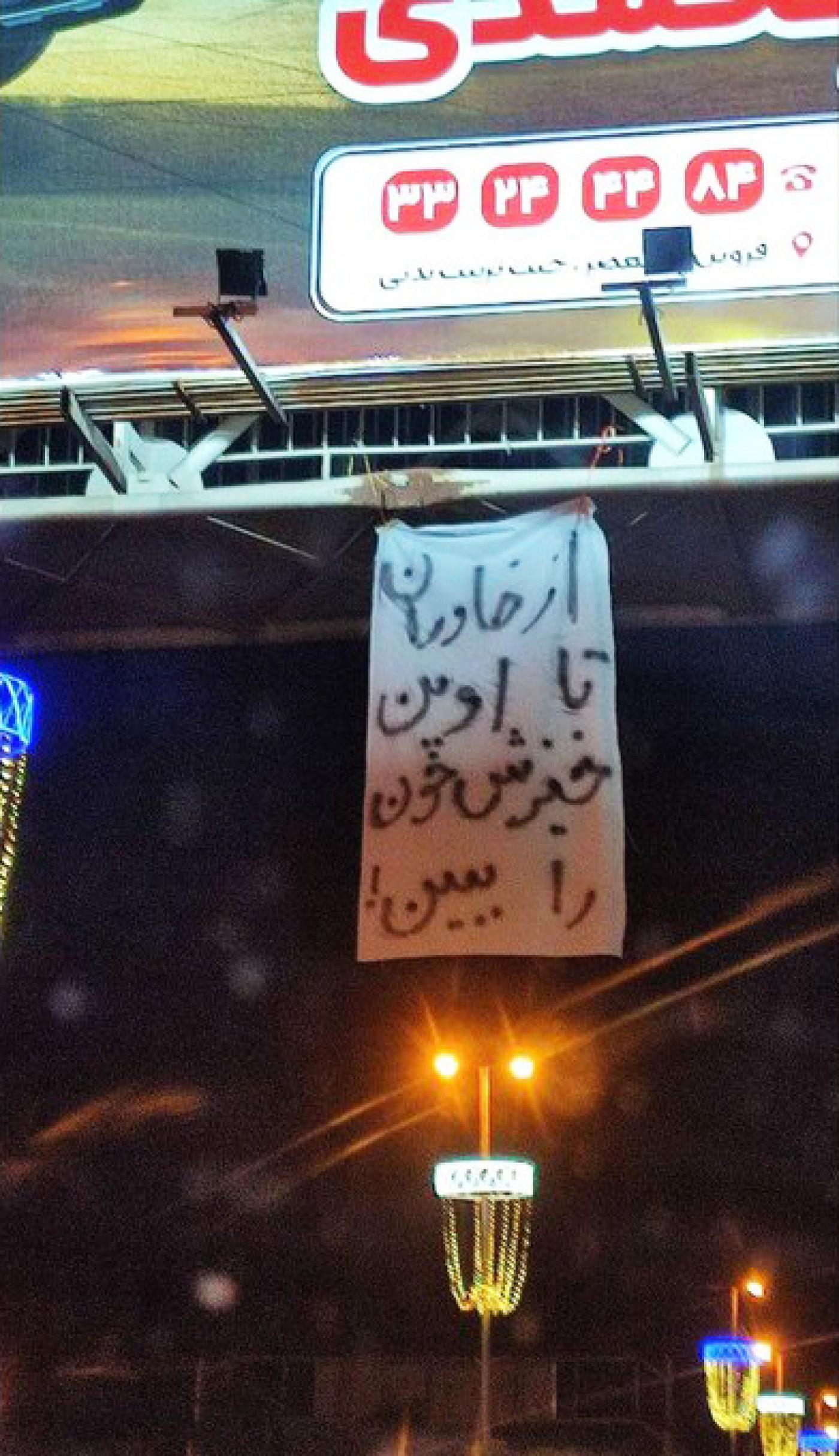rebellion of the slogans – Presentations by Yasmine Ansari and Mahdis Mohammadi
Thursday, 4 May, 7 pm
Presentation by Yasmine Ansari:
Politics of Memory and the Slogans of Jina's Revolution
Mnemonic manipulation is a defining characteristic of the Islamic Republic’s memory politics in order to secure its legitimacy and its hold on power. The Islamic Republic has systematically suppressed the memories and narratives of the large-scale systematic state violence against political opponents, which was carried out under the cloak of the long-last war with Iraq during the 1980s, and manipulated the collective memory of this violent past. In this context, the slogans of Jina’s Revolution can be discussed as counter-memories that challenge hegemonic state narratives about the post-revolutionary era and create alternative understandings of the past that disrupt the Islamic Republic's established truths and dominant power structures.
Yasmine Ansari is a feminist scholar who specializes in Middle Eastern women's and gender history. Ansari received her MA degree in International Relations of the Middle East and also holds a BA degree in Women and Gender Studies and International Studies from Seattle University. Her research interests revolve around gender politics, reproductive governance, and politics of memory in the context of modern Middle East, with a special focus on post-revolutionary Iran.
Presentation by Mahdis Mohammadi:
Remembrance of Things to Come: Archiving Iranian Protest Movements
“Jin, Jiyan, Azadi” (“Woman, Life, Freedom”), as the main slogan of the current Iranian protest movement, traveled a long way in time and space from Turkish Kurdistan in the 2000s to reach Iranian Kurdistan and finally spread all over the country. As slogans like this continue their journey through time and history towards their culmination point, archiving as an act of remembering is not only oriented towards the past but also towards the future [futur antérieur], showing not only the past simply as it were but also alluding to the potentialities which were either realized at some historic moment or are still waiting to be realized.
Mahdis Mohammadi is a Ph.D. candidate at Gustave Eiffel University. Her research focuses mainly on French cinema and particularly on the work of Jacques Rivette. She has translated many articles and several books on art history and film criticism/theory into Persian.
Followed by a conversation with Shirin Mohammad
Event held in English

